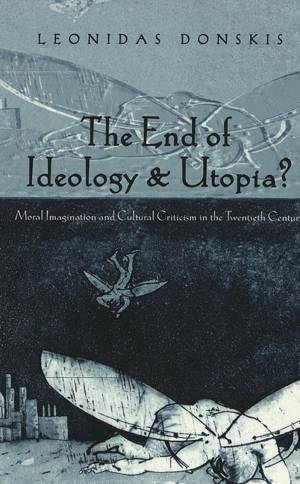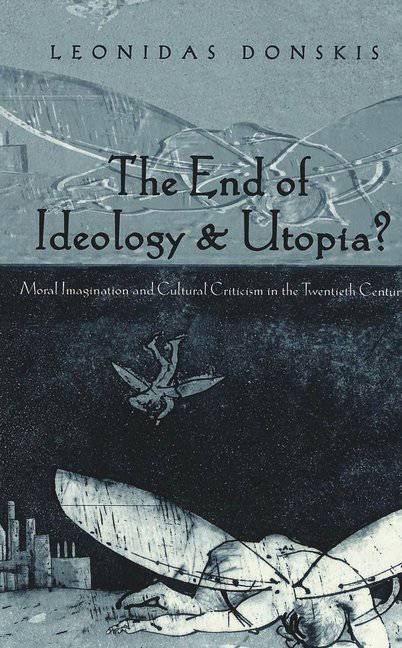
Door een staking bij bpost kan je online bestelling op dit moment iets langer onderweg zijn dan voorzien. Dringend iets nodig? Onze winkels ontvangen jou met open armen!
- Afhalen na 1 uur in een winkel met voorraad
- Gratis thuislevering in België vanaf € 30
- Ruim aanbod met 7 miljoen producten
Door een staking bij bpost kan je online bestelling op dit moment iets langer onderweg zijn dan voorzien. Dringend iets nodig? Onze winkels ontvangen jou met open armen!
- Afhalen na 1 uur in een winkel met voorraad
- Gratis thuislevering in België vanaf € 30
- Ruim aanbod met 7 miljoen producten
Zoeken
The End of Ideology and Utopia?
Moral Imagination and Cultural Criticism in the Twentieth Century
Leonidas Donskis
€ 64,45
+ 128 punten
Omschrijving
Are ideology and utopia exhausted and dead on the threshold of the twenty-first century? According to Leonidas Donskis, they survive in the modern social sciences and humanities as well as in various critiques of society and culture, as the inner spring of the cultural and moral imaginations. In tracing what he terms the modern moral imagination, Donskis works out a theory of tolerance, dialogue, human intersubjectivity, the discovery and demonization of the Other, and ideology and utopia as a framework for social and cultural criticism. In portraying four major critics of culture of the twentieth century (Vytautas Kavolis, Ernest Gellner, Louis Dumont, and Lewis Mumford), this book reveals four modes of being of the contemporary critique of culture. Leonidas Donskis shows how modern critiques of culture originate in political philosophy, philosophy of culture, sociology, and the comparative study of civilizations.
Specificaties
Betrokkenen
- Auteur(s):
- Uitgeverij:
Inhoud
- Aantal bladzijden:
- 211
- Taal:
- Engels
- Reeks:
- Reeksnummer:
- nr. 191
Eigenschappen
- Productcode (EAN):
- 9780820449371
- Verschijningsdatum:
- 21/09/2000
- Uitvoering:
- Hardcover
- Formaat:
- Genaaid
- Afmetingen:
- 160 mm x 230 mm
- Gewicht:
- 459 g

Alleen bij Standaard Boekhandel
+ 128 punten op je klantenkaart van Standaard Boekhandel
Beoordelingen
We publiceren alleen reviews die voldoen aan de voorwaarden voor reviews. Bekijk onze voorwaarden voor reviews.











